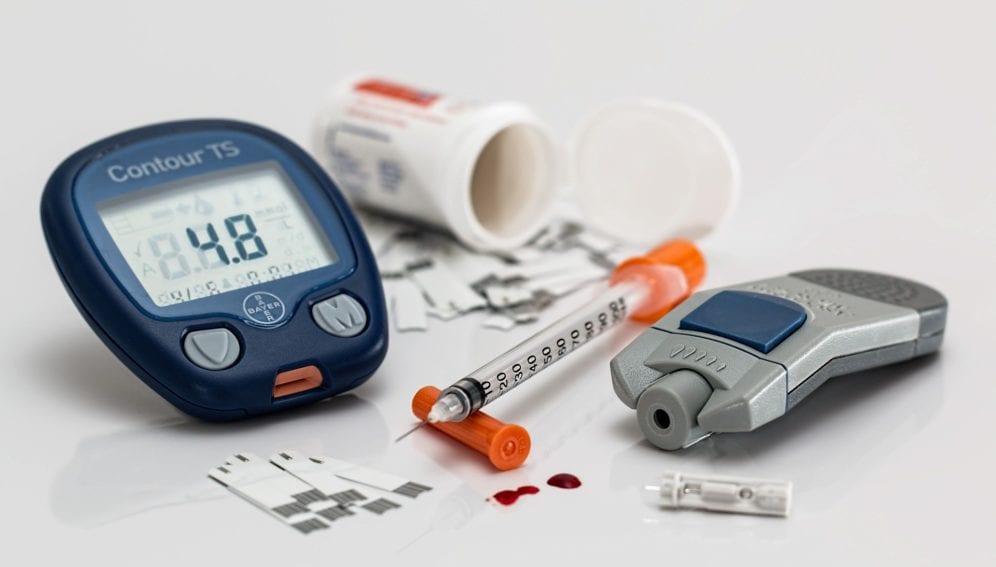29/01/20
Donor-funded medical R&D ‘aligned with Africa’s needs’

Send to a friend
The details you provide on this page will not be used to send unsolicited email, and will not be sold to a 3rd party. See privacy policy.
[NAIROBI] Despite Africa having weak research capacity and depending on international research funding, medical research conducted by donor-supported African researchers succeeds in focusing on diseases most relevant to the region, a study reveals.
The study says that there are concerns that foreign partners have been dominating medical research agendas in Africa, leading to research on the continent being less aligned to local health needs.
Therefore, researchers examined whether medical research distribution, priorities and investments across Africa addressed the disease burden of local populations between 2006 and 2015.
“Our results show that …medical research specialisation in Sub-Saharan Africa is generally associated with its disease burden,” explains the study. “Our results are interesting because they indicate that although there are misalignments at the global level between research priorities and disease burden in absolute terms, in Sub-Saharan Africa, there is no clear trade-off between participating in global research networks and producing medical research that is aligned with local health needs.”
“It's also our responsibility as researchers to engage our governments and philanthropists to invest more in research to improve quality of life.”
Yap Boum II, Epicenter Africa
Hugo Confraria, the study’s lead author and a research fellow at the UK-based University of Sussex Business School, tells SciDev.Net that their motivation in doing the research came from a common argument about substantial global misalignments between research efforts and World Health Organization estimates of the health burden of diseases.
The research published in Research Policy journal this month (10 January) identified and analysed the association between medical research specialisation and disease burden in African regions: Eastern Africa, Northern Africa, Southern Africa, and West and Central Africa
Researchers identified 59,486 publications in the Web of Science database that were linked to at least one of 28 disease categories including HIV/AIDS, tuberculosis, leprosy and skin diseases in Africa.
According to the findings, the top 20 funders made up mostly of non-African institutions prioritised parasitic and vector diseases, HIV/AIDS and tuberculosis from 2011 to 2015.
The analysis also shows that between 2006 and 2015 the global share of scientific output in medical research on 28 diseases by African researchers accounted for only 2.1 per cent despite 28 per cent of the disease burden in Africa occurring during that period.
But the study identified a bright spot on the continent.
“We find that in Sub-Saharan Africa most medical research has been conducted on diseases that are relevant to the region,” the study says. “In other words, most diseases with high disease burden are also the ones with relatively more research effort. We find that the region with the highest positive association between disease burden and research effort specialisation is Eastern Africa. Northern Africa is the region where these two dimensions are less aligned in relative terms.
But Confraria explains that the fact that international medical research funders’ priorities seem to be aligned with local African health needs does not necessarily mean that African countries do not need stronger scientific and institutional capacity.
“Substantial advantages exist in investment in local research, particularly with regard to ownership of the results, trust, intersectoral sharing of expertise between researchers and policymakers, and increased contextualisation of findings,” he says.
Confraria tells SciDev.Net that most African countries have difficulties in funding medical research, adding that the pharmaceutical industry may be reluctant to sponsor research in lower-income countries because the prospects of profits are limited even if effective treatments are developed.
Yap Boum II, a research scientist and a regional representative for Epicentre Africa, a research arm of Médecins sans Frontières, says: “Although Africa appears totally dependent on international support for its research, it is reassuring to see that the research remains relevant to local needs.”
“Our governments also need to be accountable and see the benefits of investing in medical research,” he says. “It's also our responsibility as researchers to engage our governments and philanthropists to invest more in research to improve quality of life.”
This piece was produced by SciDev.Net’s Sub-Saharan Africa English desk.
References
Hugo Confraria Medical research versus disease burden in Africa (Research Policy, 10 January 2020)













